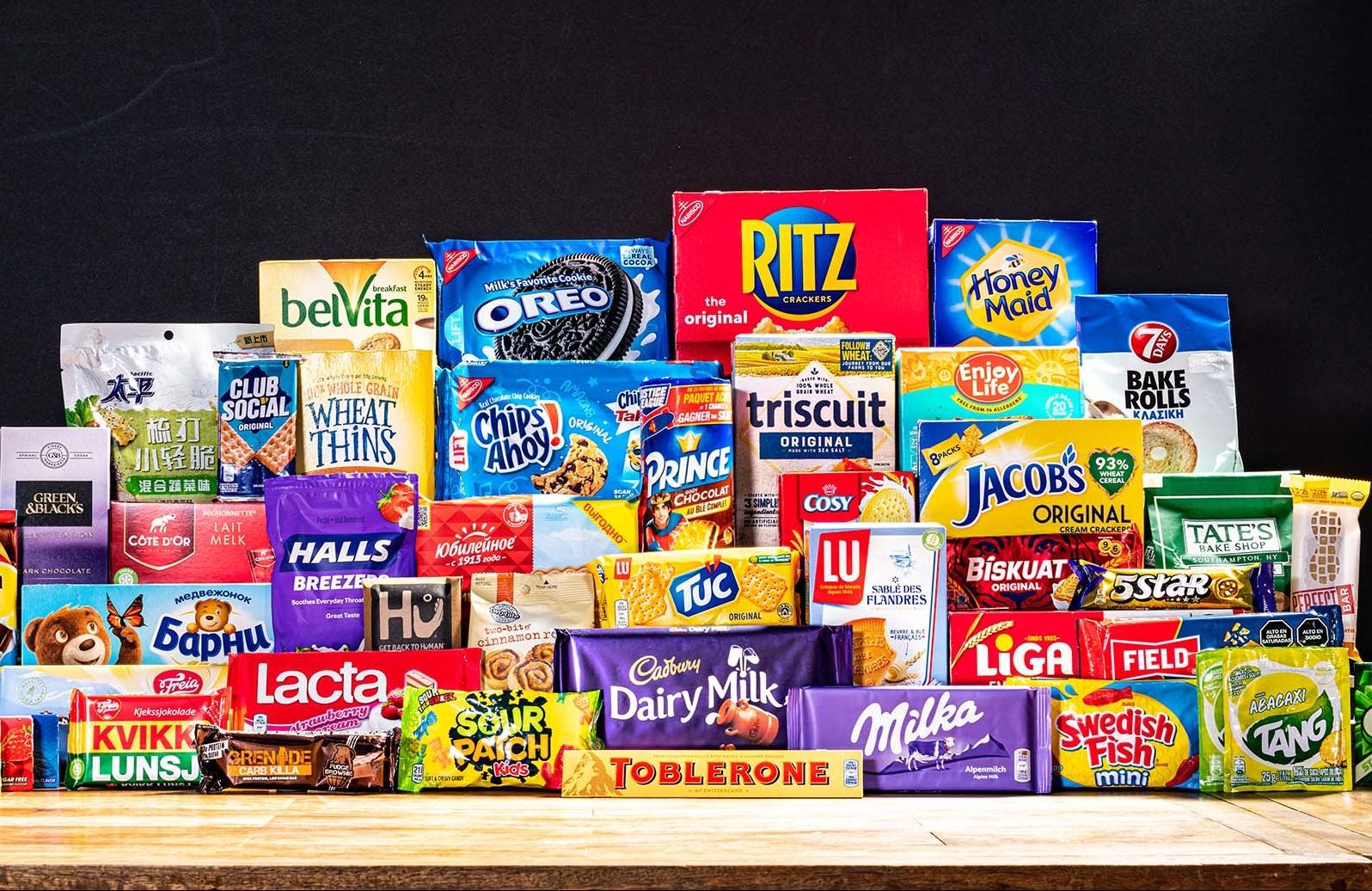[ad_1]

Mondelez International has been fined €338m ($366.5m) in Europe for “hindering cross-border trade” in breach of competition regulations.
In a probe by the European Commission dating back to 2021, the EC said the Oreo and Cadbury brand owner’s infringement related to the trade of chocolates, biscuits and coffee products between EU member states.
Violations across various regulatory codes stretch as far back as 2006 and forward to 2020. Mondelez acknowledged it had reached a “settlement” with the European authorities but noted the EC decision “relates to historical, isolated incidents, most of which ceased or were remedied well in advance of the Commission’s investigation”.
The EC concluded today (23 May) that the US-headquartered confectionery and snacks giant had broken the bloc’s competition rules by “engaging in anti-competitive agreements or concerted practices aimed at restricting cross-border trade” in the said categories.
And for “abusing its dominant position in certain national markets for the sale of chocolate tablets”.
The EC probe essentially centred on whether Mondelez had restricted so-called parallel trade, where goods are sold across EU member states by traders outside of the manufacturer’s distribution network.
Access the most comprehensive Company Profiles
on the market, powered by GlobalData. Save hours of research. Gain competitive edge.

Company Profile – free
sample
Your download email will arrive shortly
We are confident about the
unique
quality of our Company Profiles. However, we want you to make the most
beneficial
decision for your business, so we offer a free sample that you can download by
submitting the below form
By GlobalData
“Many of these incidents were related to business dealings with brokers, which are typically conducted via sporadic and often one-off sales, and a limited number of small-scale distributors developing new business in EU markets in which Mondelez is not present or doesn’t market the respective products,” Mondelez responded to the fine in a statement sent to Just Food.
“This accounts for a very limited part of Mondelez International’s European business.”
The EC claimed the Ritz crackers and Toblerone producer “engaged in 22 anti-competitive agreements or concerted practices”.
They included: “Limiting the territories or customers to which seven wholesale customers (traders/brokers) could resell Mondelez’s products”, with the EC noting “one agreement also included a provision ordering [a] Mondelez customer to apply higher prices for exports compared to domestic sales”.
Those violations date to between 2012 and 2019.
In addition, Mondelez was accused of “preventing ten exclusive distributors active in certain member states from replying to sale requests from customers located in other member states without prior permission from Mondelez” between 2006 and 2020.
From 2015 to 2019, the EC said Mondelez also violated rules by “refusing to supply a broker in Germany to prevent the resale of chocolate tablet products” in Austria, Belgium, Bulgaria and Romania where prices were higher.
And for “ceasing the supply of chocolate tablet products in the Netherlands to prevent them from being imported into Belgium, where Mondelez was selling these products at higher prices”.
In its conclusion, the EC added: “Mondelez’s aim was to avoid that cross-border trade would lead to price decreases in countries with higher prices. Such illegal practices allowed Mondelez to continue charging more for its own products, to the ultimate detriment of consumers in the EU.”
The chocolate maker countered in today’s statement: “At Mondelez International, we place the strongest emphasis on integrity and respect for the laws of the countries in which we operate.
“We are firmly committed to the highest compliance standards and we take the responsibility we have for our colleagues, customers, distributors and consumers very seriously.
“This is why we will continue to place emphasis on our overall compliance culture and have strengthened our annual mandatory compliance program to reflect learnings.”
[ad_2]

